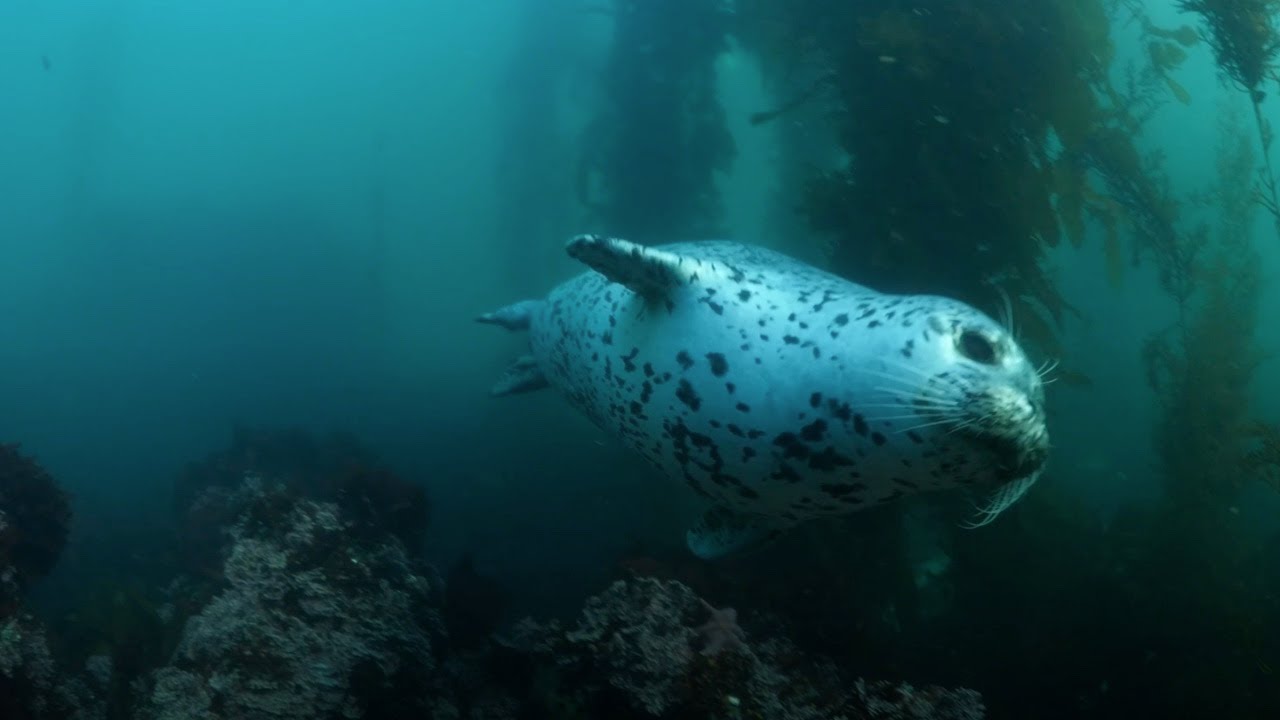Summary:
1. The importance of kelp forests in protecting our ecosystems
2. The role of kelp forests in providing food and habitat for marine species
3. The impact of kelp forests on coastal communities
4. The Help Our Kelp Act and the actions taken by Senators Jeff Merkley and Ron Wyden to restore kelp forests.
Kelp forests are often overlooked when it comes to understanding the intricate workings of our coastal ecosystems. These underwater forests hold a hidden world filled with unique and fascinating aspects that play a crucial role in biodiversity and supporting marine life. Today, we will delve into the wonders of kelp forests, exploring their protective capabilities, their significance in providing food and habitat for various marine species, and their crucial roleing coastal communities. We will also highlight the efforts of Senators Jeff Merkley and Ron Wyden in taking action to restore these precious ecosystems through the Help Our Kelp Act.
1. The importance of kelp forests in protecting our ecosystems:
Kelp forests are incredible guardians of our coastal ecosystems. Acting as underwater forests, they absorb and trap significant amounts of carbon dioxide, reducing the impact of climate change. Through photosynthesis, kelp converts carbon dioxide into oxygen, contributing to the overall reduction of greenhouse gases in our atmosphere.
Moreover, these magnificent forests act as natural barriers, protecting shorelines against erosion caused by tidal movements and storm surges. The long, flexible strands of the kelp plants create a dense and robust underwater canopy that dissipates the energy of incoming waves, preventing them from eroding the coastline. This protective function is particularly in areas prone to hurricanes and other severe weather events.
2. The role of kelp forests in providing food and habitat for marine species:
Kelp forests are bustling ecosystems, providing crucial habitats for a wide arraymanyies. The towering kelp plants serve as precarious yet nourishing hideaways for countless organisms. From small invertebrates to large fish, these algae-covered plants offer shelter and protection from predators, fostering biodiversity and serving as nurseries for many marine creatures.
One notable marine species that depends on kelp forests is the majestic gray whale. These gentle giants migrate thousands of kilometers along the Pacific coast and rely on kelp forests as important feeding grounds. The thick kelp canopies provide a rich food source for small crustaceans and other invertebrates, ensuring the survival and well-being of these incredible mammals.
Kelp forests also play a vital role in the life cycle of salmon. The intricate underwater forest’s intricate structure protects young salmon while they grow and develop. The kelp fronds offer shelter from strong currents and serve as a buffet of edible organisms, fueling the growth of these iconic fish. Without the presence, the survival of salmon populations would be severely compromised.
3. The impact of kelp forests on coastal communities:
Beyond their ecological significance, kelp forests directly impact coastal communities. They contribute to the economies of these regions by supporting various activities such as recreational fishing, tourism, and even aquaculture. Kelp harvestWhenustainably provides a kelp harvesting valuable resource for products like food supplements, biofuels, and cosmetics.
Not only do kelp forests support economic activities, but they also enhance the overall well-being of coastal residents. These underwater forests create vibrant and picturesque areas that attract visitors, fostering a sense of pride and connection to the natural environment. The recreational opportunities that stem from their presence, such as diving, snorkeling, and kayaking, enrich the lives of locals and tourists alike, promoting physical activity and a deeper appreciation for marine ecosystems.
4. The Help Our Kelp Act and the actions taken by Senators Jeff Merkley and Ron Wyden to restore kelp forests:
Recognizing the vital importance of kelp forests, Senators Jeff Merkley and Ron Wyden have taken commendable action to protect and restore these threatened ecosystems through the Help Our Kelp Act. This legislation aims to provide resources for research, conservation, and restoration efforts, supporting the recovery of damaged kelp forests and expanding their coastal range.
The Help Our Kelp Act addresses the challenges of kelkelp forests: habitat loss, pollution, and climate change impacts. By allocating funding and raising awareness, this legislation aims to safeguard these precious environments for future generations and ensure the continued benefits they provide to marine life, coastal communities, and our planet; the marvels of kelp forests extend far beyond their surface appearance. These underwater wonders act as protectors of our ecosystems, guardians against climate change, and vital food and habitat providers for marine species such as gray whales and salmon. Coastal communities rely on the presence of kelp forests for economic opportunities and recreational enjoyment. We applaud Senators Jeff Merkley and Ron Wyden for their efforts in restoring and preserving these vital ecosystems through the Help Our Kelp Act. Together, let us embrace our responsibility to protect and cherish these fascinating underwater forests, ensuring a brighter future for our planet and all its inhabitants.
*****
Source Description
Kelp forests provide food and habitat for gray whales, salmon hundred, and other species. Our coastal communities depend on them, too. Thank you, Senators Jeff Merkley and Ron Wyden, for taking action to restore these vital, threatened ecosystems through the Help Our Kelp Act!


